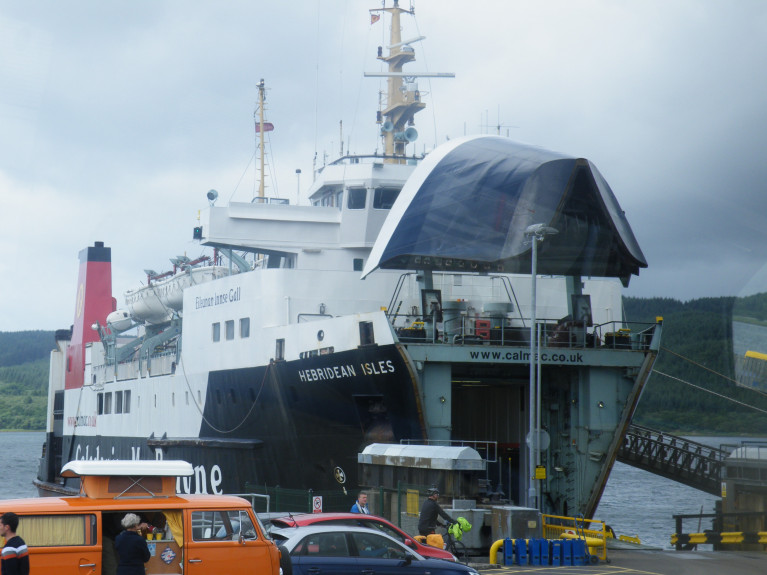Displaying items by tag: Burns & Laird
Proud Scottish Ferry Industry Buffeted by Failure
Vessels carrying passengers were once built to last, now under the Scottish National Party (SNP) they are not being built at all.
The operator at the heart of Scotland’s west coast ferry crisis, Caledonian MacBrayne (CalMac), has been around for much longer than most Scots realise.
Today’s CalMac can trace its roots back to the middle of the 19th century when the ship-owning brothers George and James Burns struck a succession deal.
They were the Burns of Burns & Laird Line, whose steamers linked ports such as Liverpool and Glasgow with Belfast right up to the 1970's.
But the deal George Burns did in 1851 was to secure the future of G & J Burns’s local coastal ferry services between Scotland’s western seaboard and its numerous island communities.
The brothers sold that Scottish arm of their business to David Hutcheson, the chief clerk.
The Times has more on the story.
























































